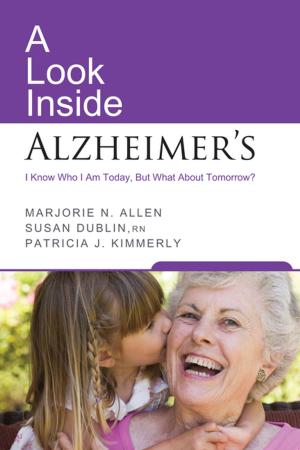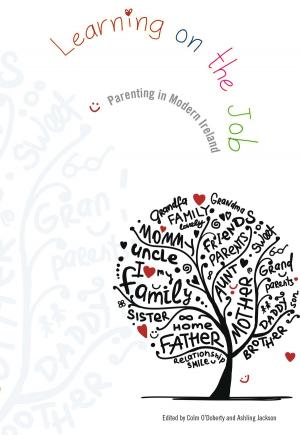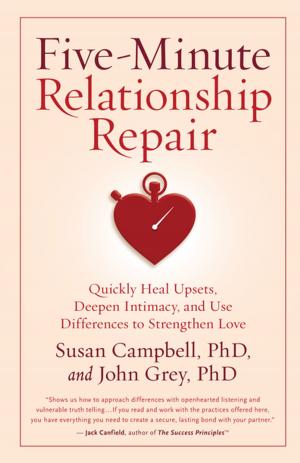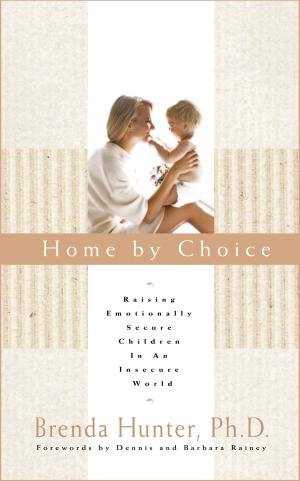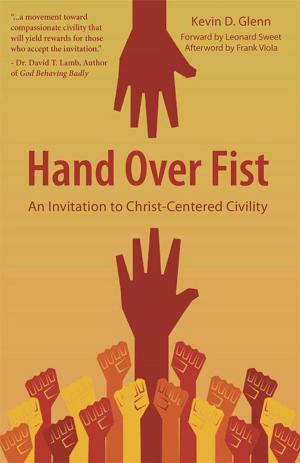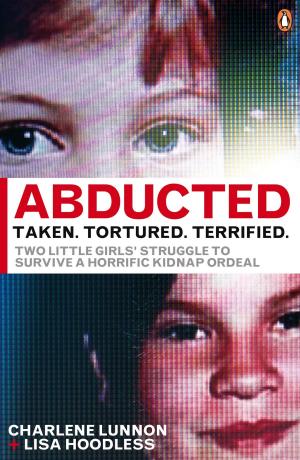South Sudanese Community Insights: A Cross-Generational Cross-Cultural Rescue Model for Families and Family Counselors
Nonfiction, Social & Cultural Studies, Social Science, Cultural Studies, African-American Studies, Family & Relationships| Author: | John Chuol Kuek | ISBN: | 9781301956302 |
| Publisher: | Marilyn McLeod | Publication: | May 27, 2012 |
| Imprint: | Smashwords Edition | Language: | English |
| Author: | John Chuol Kuek |
| ISBN: | 9781301956302 |
| Publisher: | Marilyn McLeod |
| Publication: | May 27, 2012 |
| Imprint: | Smashwords Edition |
| Language: | English |
South Sudanese people have experienced tremendous changes both within their homeland and as refugees abroad. This book provides a picture of a typical South Sudanese cultural way of life, and describes challenges of both South Sudanese families and western professionals involved in counseling this population. John Chuol Kuek was born in South Sudan and experienced a series of refugee camps on his way to a life in Southern California. In addition to adjusting culturally himself, he managed to raise a family, volunteer for his community, and is now a Ph.D. Advanced Candidate in Psychology. There is much practical, warm-hearted wisdom within these pages.
This book has been written for three groups of people and issues: (1) South Sudanese couples who were born, grew up and married in South Sudan, (2) young Sudanese couples and adolescents whom were born and grew up in refugee camps and the western world, who have not had a chance to experience a typical South Sudanese cultural way of life and therefore have hard times juggling between the three cultures (refugee camp, the South Sudanese and the Western World) in terms of raising their families, and (3) the behavioral health or mental health professionals serving the Sudanese and other groups whose cultures are similar to the South Sudanese worldwide.
This book has seven purposes: (1) to explore the impact of cultural change on the South Sudanese marriage couples, not only in the Western world, but also in Africa, (2) explore the impact of separation and divorce on the South Sudanese’s single parents and their children and the role of child support on the absent parent, (3) the change of the South Sudanese’s marriage system as a result of an impact of the cultural revolution in the West, (4) the role of American’s domestic violence laws on the Sudanese families, (5) the bigger picture of the South Sudanese’s problem worldwide, (6) offer step-by-step education to help reduce the high risk of losing their cultural values, preventing mental health risk as a result of being overwhelmed with staggering issues, and help get the best out of the US educational system, not only for their benefits, but also for the benefits of those in the new born country, the Republic of South Sudan, (7) assist the behavioral or mental health professionals involved in counseling the South Sudanese and other groups with similar culture and behavior, with appropriate education to provide competence services.
The typical South Sudanese values and the way of life have changed tremendously from the refugee camps. Life in the refugee camps have traumatized this generation and completely changed their behaviors. There were up to eight hundred thousand people with no clean water, one medical clinic, one primary school, and a military training camp for white army recruits. Many children and adults perished in the camps in large numbers due to the many communicable diseases such as typhoid, cholera, yellow fever, measles, hepatitis, tuberculosis, meningitis, just to name a few.
Medical help was lacking, with only one or two doctors serving eight hundred thousand people plus. Eight hundred thousand people were sustained by the United Nations’ world food program. South Sudanese community members saw their traditional values and dignity began to erode in the camps. The majority of those living in the camp had never experienced city life before arriving in camp.
In search of the answer to the struggles, some Sudanese and Nuer figures have stepped forward and spoken openly about these problems. Among the pioneers in this struggle is uncle Thowath Pal Chay, a Nuer Ethiopian political dissident and Dr. Riek Machar Teny, the Vice President of the Republic of South Sudan. This book addresses the enormous issues in diasporas as well as in the newly formed country, the Republic of South Sudan.
South Sudanese people have experienced tremendous changes both within their homeland and as refugees abroad. This book provides a picture of a typical South Sudanese cultural way of life, and describes challenges of both South Sudanese families and western professionals involved in counseling this population. John Chuol Kuek was born in South Sudan and experienced a series of refugee camps on his way to a life in Southern California. In addition to adjusting culturally himself, he managed to raise a family, volunteer for his community, and is now a Ph.D. Advanced Candidate in Psychology. There is much practical, warm-hearted wisdom within these pages.
This book has been written for three groups of people and issues: (1) South Sudanese couples who were born, grew up and married in South Sudan, (2) young Sudanese couples and adolescents whom were born and grew up in refugee camps and the western world, who have not had a chance to experience a typical South Sudanese cultural way of life and therefore have hard times juggling between the three cultures (refugee camp, the South Sudanese and the Western World) in terms of raising their families, and (3) the behavioral health or mental health professionals serving the Sudanese and other groups whose cultures are similar to the South Sudanese worldwide.
This book has seven purposes: (1) to explore the impact of cultural change on the South Sudanese marriage couples, not only in the Western world, but also in Africa, (2) explore the impact of separation and divorce on the South Sudanese’s single parents and their children and the role of child support on the absent parent, (3) the change of the South Sudanese’s marriage system as a result of an impact of the cultural revolution in the West, (4) the role of American’s domestic violence laws on the Sudanese families, (5) the bigger picture of the South Sudanese’s problem worldwide, (6) offer step-by-step education to help reduce the high risk of losing their cultural values, preventing mental health risk as a result of being overwhelmed with staggering issues, and help get the best out of the US educational system, not only for their benefits, but also for the benefits of those in the new born country, the Republic of South Sudan, (7) assist the behavioral or mental health professionals involved in counseling the South Sudanese and other groups with similar culture and behavior, with appropriate education to provide competence services.
The typical South Sudanese values and the way of life have changed tremendously from the refugee camps. Life in the refugee camps have traumatized this generation and completely changed their behaviors. There were up to eight hundred thousand people with no clean water, one medical clinic, one primary school, and a military training camp for white army recruits. Many children and adults perished in the camps in large numbers due to the many communicable diseases such as typhoid, cholera, yellow fever, measles, hepatitis, tuberculosis, meningitis, just to name a few.
Medical help was lacking, with only one or two doctors serving eight hundred thousand people plus. Eight hundred thousand people were sustained by the United Nations’ world food program. South Sudanese community members saw their traditional values and dignity began to erode in the camps. The majority of those living in the camp had never experienced city life before arriving in camp.
In search of the answer to the struggles, some Sudanese and Nuer figures have stepped forward and spoken openly about these problems. Among the pioneers in this struggle is uncle Thowath Pal Chay, a Nuer Ethiopian political dissident and Dr. Riek Machar Teny, the Vice President of the Republic of South Sudan. This book addresses the enormous issues in diasporas as well as in the newly formed country, the Republic of South Sudan.



